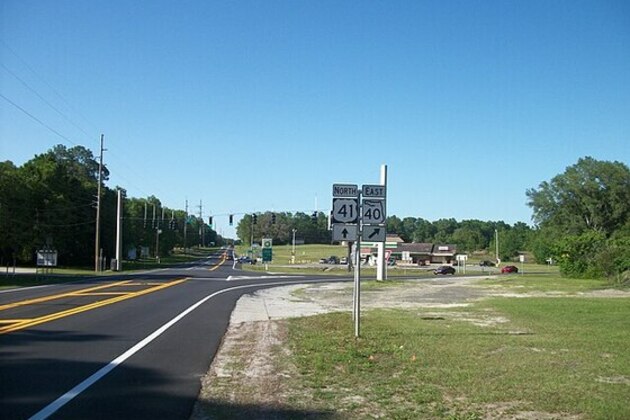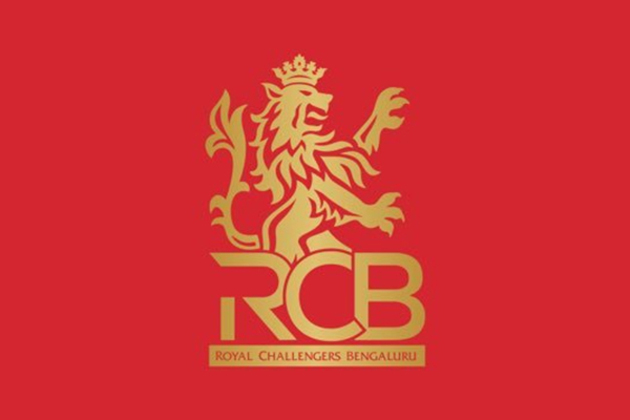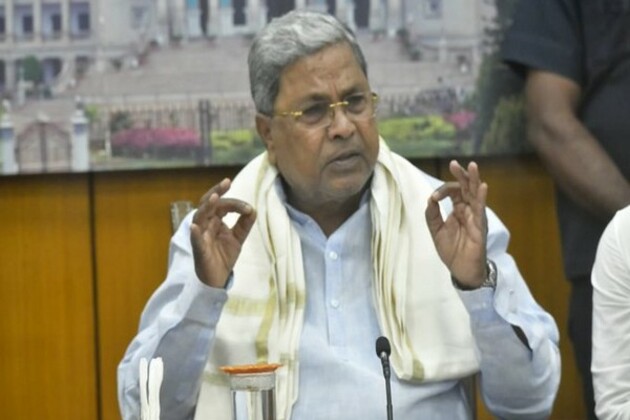Extreme heat reduces labor outputs by 25 per cent for outdoor workers in New Delhi today, Economic losses climb to 30 per cent by 2050
ANI PR Wire
22 Sep 2022, 13:00 GMT+10

Washington [US], September 22 (ANI/PRNewswire): Today, the Adrienne Arsht-Rockefeller Foundation Resilience Center at the Atlantic Council released "Hot Cities, Chilled Economies: Impacts of Extreme Heat on Global Cities," a new report detailing the social and economic effects of climate-driven extreme heat through the prism of 12 cities, spanning six continents, covering an urban population of more than 123 million.
The study--undertaken in partnership with Vivid Economics--revealed that hot and humid conditions in New Delhi lead to average labor productivity losses of 20 percent for indoor or shaded workers, and 25 percent for those working under the heat of the sun. By 2050, without additional, dramatic adaption and emissions reductions, these impacts could increase to losses of 24 percent and 30 percent, respectively. This translates into economic losses of INR 28,800 crore in 2020, projected to increase to INR 45,100 crore by 2050. If the full economic impacts of heat were considered--for example, damage to infrastructure and machinery, increased healthcare costs, and the indirect impacts of reduced productivity on the broader economy--then the total losses could be substantially higher.
"Climate-driven heat is changing the way we live and work, yet current awareness of this silent and invisible threat is dangerously insufficient. Heat's disproportionate impact on cities compelled us to quantify and explore the economic and social ramifications of our burning planet," said Kathy Baughman McLeod, SVP and Director of the Adrienne Arsht-Rockefeller Foundation Resilience Center at the Atlantic Council. "Our hope is that these findings will raise awareness and spur further adaptation interventions, policies, and investment that cool cities and protect people."
Other key findings are as follows:
- In a typical year, mean temperatures (including overnight lows) exceed 33.4C for 36 days, and the hottest ten days average over 36.2C.
- Construction workers bear the brunt of the heat - despite producing just 9 per cent of New Delhi's output, they account for one-third of the city's losses, due to labor-intensive production and over 60 per cent of working hours spent outdoors.
- Impacts of heat on people in New Delhi are aggravated by air pollution, poverty and unreliable access to essential services.
- The effects of heat are unevenly distributed around New Delhi, with the highest temperatures experienced in the western sprawl of the city. In these built-up areas, temperatures can be as much as 8C hotter than rural surroundings, projected to rise to 9C by 2050 due to the 'Urban Heat Island' effect. Without careful planning, New Delhi's projected continued population growth of 20 per cent by 2050 may exacerbate the UHI problem.
New Delhi is actively adapting to heat through urban planning and behavioral changes. Efforts include:
- Planning/policy: To limit heat exposure, New Delhi and surrounding areas have changed working and schooling hours allowing them respite from the hottest hours of the day.
- Investment in the built environment and nature-based solutions: The draft Master Plan for Delhi to 2041 embeds heat resilience alongside other climate and development considerations, highlighting multiple-win options such as permeable paving to mitigate both flood and heat risks, shared district cooling to reduce energy use and expand cooling access, and green solutions that reduce both heat and pollution. To reduce urban heat islands, New Delhi is increasing the number of trees by more than 20 per cent and introducing bio-corridors to connect large green nodes and incorporate vegetation. Local leaders are also working with the national government to incorporate 'cool roofs' in buildings. Demand for AC and cooling has increased significantly and is expected to grow a further 40 per cent by 2040. While this can reduce heat exposure, it can also exacerbate heat's impact by placing the electrical grid under pressure and increasing pollution from power generation. The 2019 India Cooling Action Plan is conscious of these links and seeks to reduce energy demand from AC while mitigating the impacts of extreme heat. One of its key aims is to indicate sector-specific sustainable cooling technologies and provide government support to enable their expansion.
For this report, only a subset of the ways in which extreme heat can impact a city's economy and society were examined and appraises impacts in 'normal' vs. unusually warm years, meaning it provides a conservative view of the social and economic costs of heat. It does not look at impacts or costs to infrastructure, health care systems, reduced learning and education, or the loss resulting from business interruption.
The full report and methodology can be found here.
The Adrienne-Arsht Rockefeller Foundation Resilience Center builds individual and community resilience in the face of climate impacts. We pledge to reach one billion people around the world with resilience solutions to climate change by 2030.
This story has been provided by PRNewswire. ANI will not be responsible in any way for the content in this article. (ANI/PRNewswire)
 Share
Share
 Tweet
Tweet
 Share
Share
 Flip
Flip
 Email
Email
Watch latest videos
Subscribe and Follow
Get a daily dose of Herald Globe news through our daily email, its complimentary and keeps you fully up to date with world and business news as well.
News RELEASES
Publish news of your business, community or sports group, personnel appointments, major event and more by submitting a news release to Herald Globe.
More InformationInternational
SectionTrump hints at DOGE investigation of Musk subsidies
WASHINGTON, DC - U.S. President Donald Trump on Tuesday claimed Elon Musk's success has been built on government subsidies. Without...
Native leaders, activists oppose detention site on Florida wetlands
EVERGLADES, Florida: Over the weekend, a diverse coalition of environmental activists, Native American leaders, and residents gathered...
Beijing crowds cheer AI-powered robots over real soccer players
BEIJING, China: China's national soccer team may struggle to stir excitement, but its humanoid robots are drawing cheers — and not...
COVID-19 source still unknown, says WHO panel
]LONDON, U.K.: A World Health Organization (WHO) expert group investigating the origins of the COVID-19 pandemic released its final...
Fox faces $787 million lawsuit from Newsom over Trump phone call
DOVER, Delaware: California Governor Gavin Newsom has taken legal aim at Fox News, accusing the network of deliberately distorting...
DeepSeek faces app store ban in Germany over data transfer fears
FRANKFURT, Germany: Germany has become the latest country to challenge Chinese AI firm DeepSeek over its data practices, as pressure...
Sports
Section(SP)U.S.-ATLANTA-FOOTBALL-FIFA CLUB WORLD CUP-BORUSSIA DORTMUND VS CF MONTERREY
(250702) -- ATLANTA, July 2, 2025 (Xinhua) -- Supporters of CF Monterrey react before the round of 16 match between Borussia Dortmund...
(SP)U.S.-MIAMI-FOOTBALL-FIFA CLUB WORLD CUP-REAL MADRID VS JUVENTUS FC
(250702) -- MIAMI, July 2, 2025 (Xinhua) -- Gonzalo Garcia (R) of Real Madrid vies with Francisco Conceicao of Juventus during the...
Bengaluru Stampede: CAT observes RCB "created nuisance" without prior permission, holds franchise "prima facie responsible for gathering"
Bengaluru (Karnataka) [India], July 2 (ANI): A two-person bench of Central Administrative Tribunal (CAT) observed Royal Challengers...
Karnataka govt releases SOPs for crowd management after Bengaluru stampede
Bengaluru (Karnataka) [India], July 1 (ANI): After the Bengaluru stampede near the Chinnaswamy Stadium that claimed 11 lives and left...
"Mature, young lad...": SA skipper Maharaj hails Lhuan-Dre Pretorious after win over Zimbabwe
Bulawayo [Zimbabwe], July 1 (ANI): Following his side's win over Zimbabwe in the first Test, South African skipper Keshav Maharaj hailed...
FIFA Club WC: Last two QF spots up for grabs as Real Madrid, Dortmund among teams in action
New Delhi [India], July 1 (ANI): The last two spots for the quarterfinals of the FIFA Club World Cup will be sealed by either Spanish...













